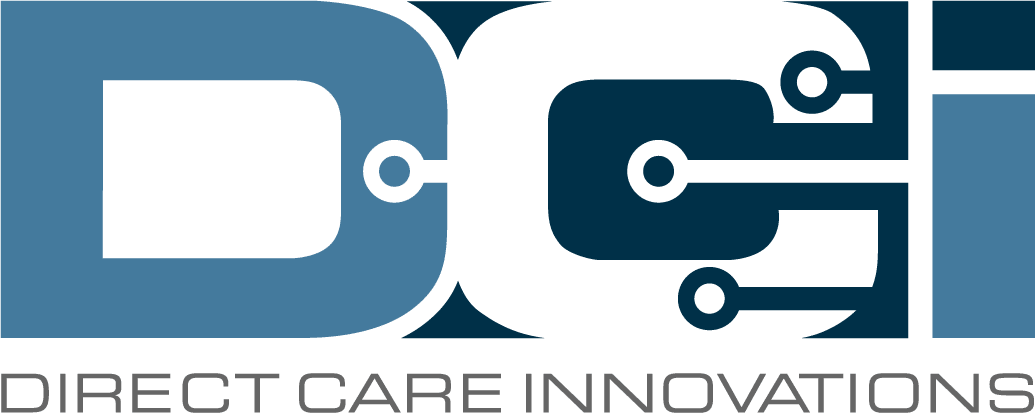President Joe Biden recently unveiled a $2 trillion infrastructure plan, and people have been clamoring to uncover the proposal’s details. So far, it is clear the American Jobs Plan includes hefty spending on programs unrelated to traditional infrastructure. However, the proposed level of investment into programs such as home- and community-based services (HCBS) stands to benefit entire industries. Direct Care Innovations supports increased HCBS funding and, specifically, some of the potential ways our clients and those they serve could benefit.

Just a few decades ago, most federal funding for those with disabilities was directed toward residential facilities and long-term in-patient care. Over time, those living with disabilities shifted to receiving more care at home. In fact, clients, their loved ones, and direct care providers alike all prefer HCBS whenever possible. Why? Serving disabled community members in their homes tends to yield better outcomes; however, the cost of services can be a barrier.
The American Jobs Plan proposes increased HCBS funding in the amount of $400 billion under Medicaid. Hypothetically, a portion of those funds would result in direct care provider wage increases. The role, often filled by marginalized groups, is essential; however, industry-wide low wages don’t reflect its essential nature. Higher wages communicate the importance of the role and yield economic advantages for direct care workers and their communities.
Another aspect of the increased HCBS funding includes additional investment into the Money Follows the Person program. The program makes it easier to transition from residency to home care instead of money going exclusively to residential providers.
Many people would like their loved ones with developmental disabilities to stay in the home, but they lack the means to provide care themselves. The funding potentially creates an opportunity for previously low-wage workers to make an acceptable wage, thus increasing the supply of the HCBS workforce. An increased workforce means more people can get access to quality care.
The Plan Has Barriers to Passing
Democrats will have to successfully overcome at least two barriers to pull off the proposal. First, the plan is expensive. In fact, the proposal amplifies the trend of substantial spending increases pushed by subsequent presidential administrations. As a result, the White House suggests increasing the corporate tax rate to 28% to help pay for the plan.
Second, Republicans don’t support the massive spending proposal. Obtaining the 60 votes needed to pass the bill through the Senate is not likely. That being said, the Democrats are sure to attempt to push it through by leveraging the reconciliation process where a simple majority would be enough. It remains to be seen whether that effort will be successful. In the interim, those in HCBS wait with bated breath to see what lies ahead for their industry.
DCI Supports HCBS and Managed Care Organizations
DCI provides business management software for caregiving industries to streamline their payroll, scheduling, billing, EVV, and other processes, through technology solutions. Request a free demo or call us today at (480) 295-3307 to see how we support groups in all 50 states.


